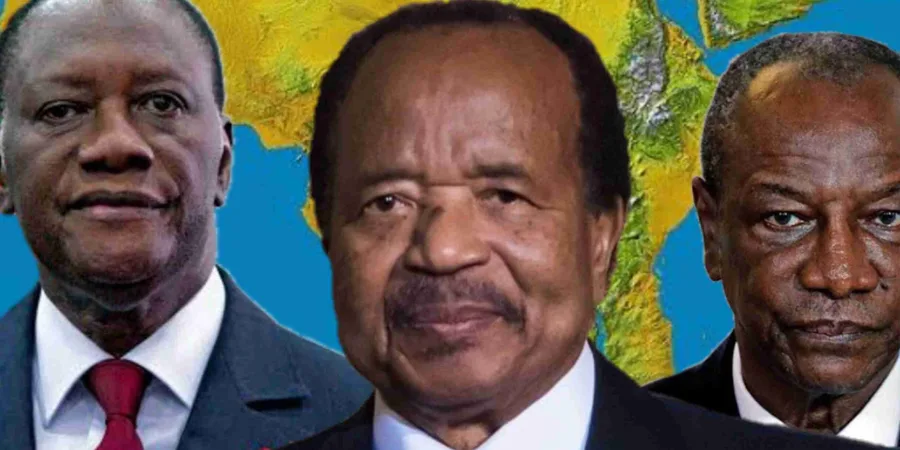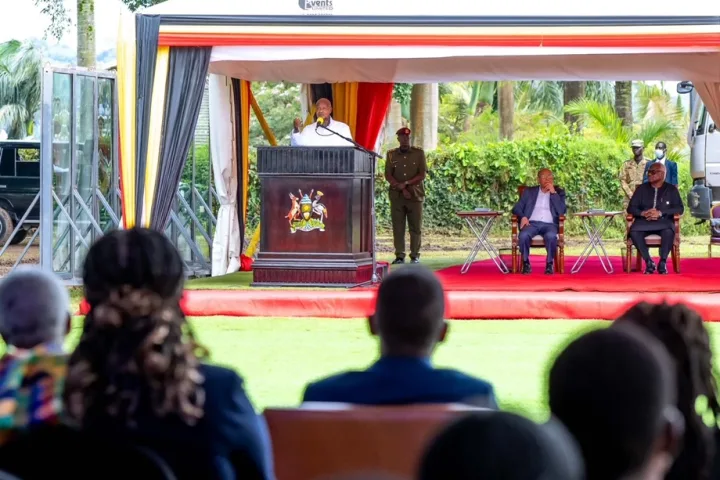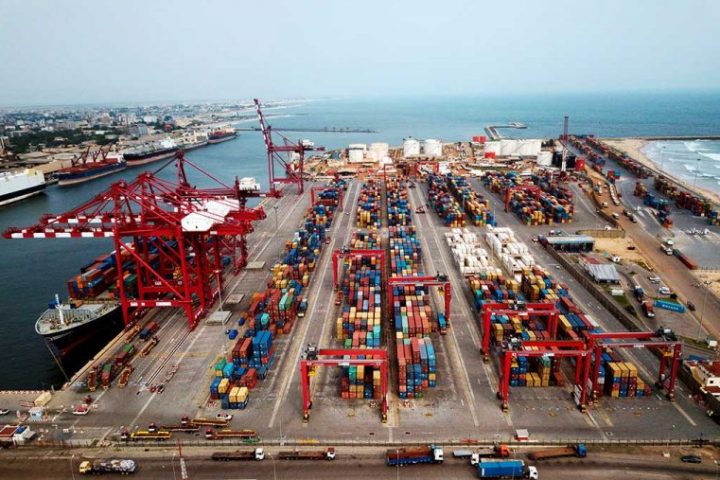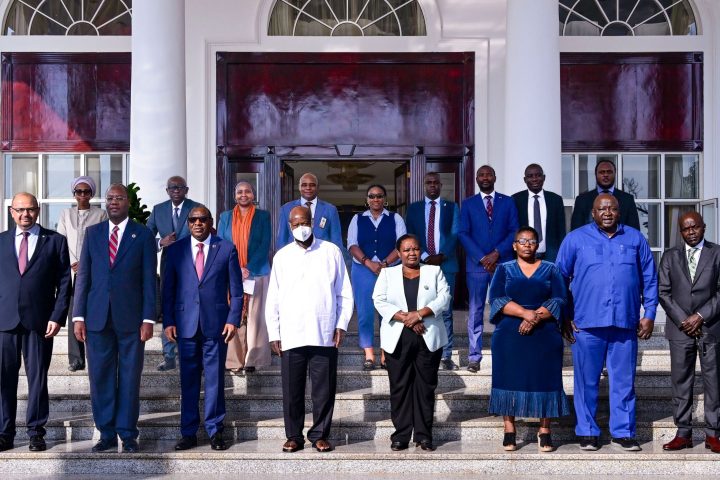As of 2025, Africa remains home to some of the longest-serving presidents in the world. These leaders have maintained power for decades, shaping their nations politically and economically. While some argue that their prolonged rule has brought stability, others believe it has hindered democracy and governance. This article explores the longest-serving African presidents as of 2025 and how they have remained in power. They are:
READ ALSO: Full List: Least Powerful African Passports
Join our WhatsApp ChannelPaul Biya – 50 Years
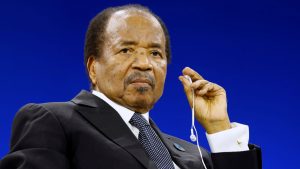
Paul Biya has been the President of Cameroon since 1982, making him the second-longest-serving leader in Africa. At 92 years old in 2025, he is the world’s oldest sitting non-royal leader. Over the decades, Biya has maintained control through constitutional amendments and electoral victories that opposition groups often dispute. His leadership has been marked by centralised governance, economic challenges, and security concerns in the Anglophone regions of Cameroon. Despite calls for political change, he remains firmly in power.
Teodoro Obiang Nguema Mbasogo – 45 Years

Teodoro Obiang Nguema Mbasogo has ruled Equatorial Guinea since 1979 after overthrowing his uncle in a coup. He is the longest-serving African president as of 2025. His government controls the country’s vast oil wealth, yet economic inequality remains high. Political opposition is limited, with reports of human rights violations and suppression of dissent. Obiang’s long tenure has been sustained by strong security forces, loyal political networks, and a lack of democratic reforms.
Denis Sassou Nguesso – 39 Years
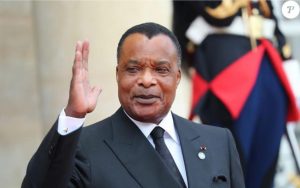
Denis Sassou Nguesso has been the president of the Republic of Congo for a total of 39 years. He first ruled from 1979 to 1992 before returning to power in 1997 after a civil war. His government changed the constitution in 2015 to remove term limits, allowing him to extend his presidency. His leadership has been characterised by political dominance, accusations of electoral fraud, and efforts to maintain national stability. Despite economic struggles, he continues to secure re-election.
READ ALSO: African Countries With The Highest Debt-to-GDP Ratio
Yoweri Museveni – 39 Years
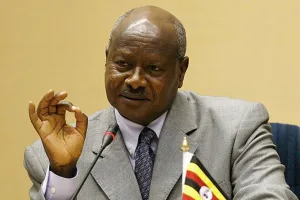
Yoweri Museveni has led Uganda since 1986, following a guerrilla war that overthrew the previous government. His presidency has seen economic growth and infrastructure development, but also increasing political repression. In 2005, Uganda removed presidential term limits, and in 2017, age limits were also lifted, enabling Museveni to stay in power. Opposition parties and activists continue to face restrictions, with elections often criticised for lacking fairness. His leadership remains a subject of debate in Uganda’s political landscape.
Isaias Afwerki – 32 Years
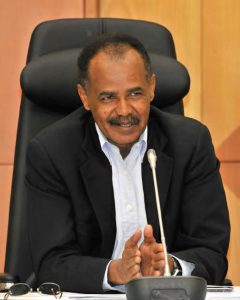
Isaias Afwerki has been the only president of Eritrea since it gained independence in 1993. His government operates under a single-party system with no scheduled elections. Eritrea is one of the most repressive countries in the world, with strict media control, indefinite military conscription, and widespread restrictions on freedoms. Afwerki’s long rule has been marked by isolation from the international community and continued resistance to political reforms.
How These Leaders Stay in Power
The longest-serving African presidents as of 2025 have remained in power through various means, including constitutional changes, suppression of opposition, and control of state institutions. Many of these leaders have faced criticism for restricting democratic processes, while others argue they have maintained stability in their countries. The future of leadership in Africa remains uncertain, but these presidents continue to shape the continent’s political landscape.
Emmanuel Ochayi is a journalist. He is a graduate of the University of Lagos, School of first choice and the nations pride. Emmanuel is keen on exploring writing angles in different areas, including Business, climate change, politics, Education, and others.

